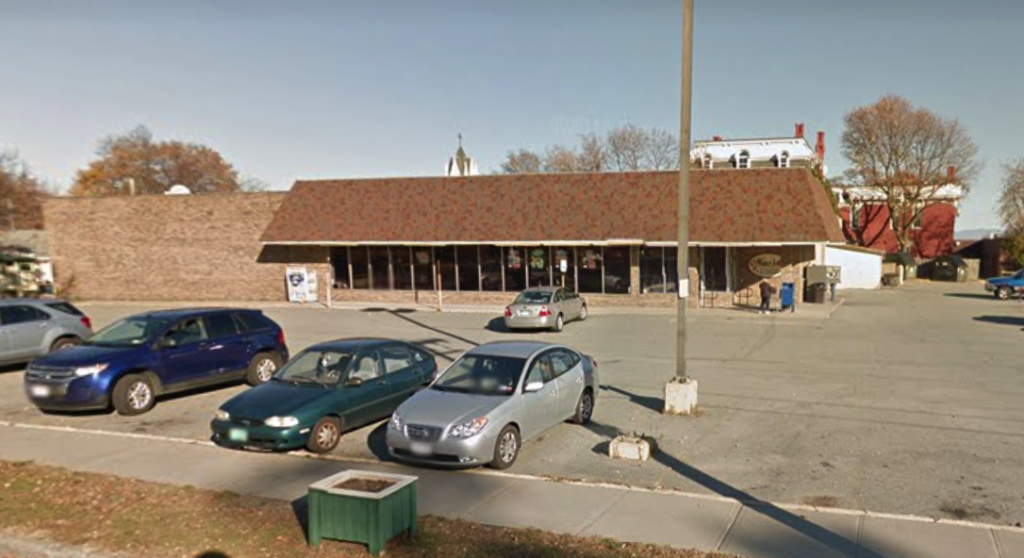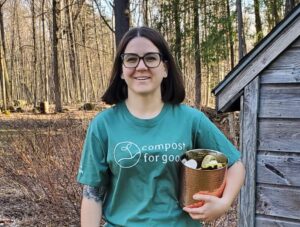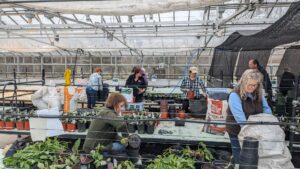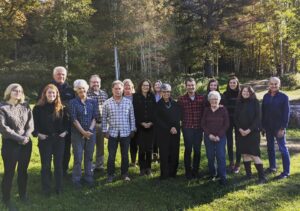Our rural grocery stores are struggling to keep their doors open. Most recently, Port Henry grocery, Mac’s Market, permanently closed its doors on August 31, 2019. This is not the first grocery store to shut down in the region, in fact, it has been happening in many towns for many years. Over time, the closures have created areas called food deserts where quality food is hard to come by, and the health of the community suffers in the aftermath. Closed grocery stores leave large, empty buildings in their wake, and can discourage economic development and degrade community vitality resulting in population loss and economic decline. Residents of towns without grocery stores have few options, they can choose to buy highly processed foods from convenience or dollar stores or travel long distances to get fresh groceries.
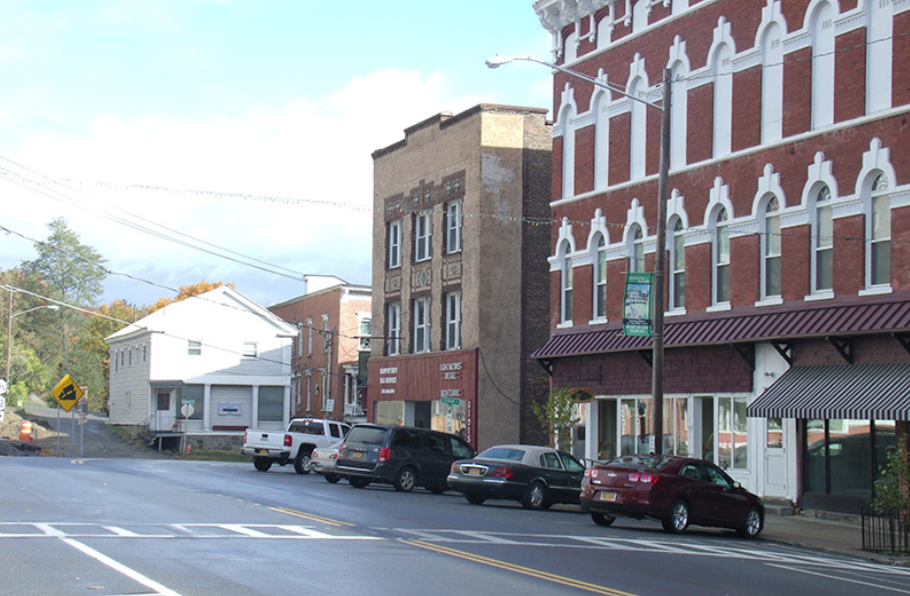
This trend of rural grocery store closings is a problem across the United States. An article from Marketplace Public Radio shares that declines in rural populations coupled with an increase in supermarkets/online markets like Walmart and Amazon with extremely low prices makes it difficult for small independent grocers to survive. If small grocers don’t cut prices to compete with these huge corporations then they are left with many people who will simply order what they can online, or drive thirty minutes to an hour to the nearest supermarket. This drastically hurts small grocers and leaves them with very slim margins just to stay in business.
In 2009 the Keeseville Bourgeois IGA grocery closed its doors due to high rent and low profits, possibly related to the Great Recession. Around the same time in 2009, Willsboro also lost its largest grocery store–Willsboro Country IGA. Store owners Mark McKenna and his wife, Wanda, shared that lack of community support was the main reason for their shut down. They explained that they could not compete with the prices offered by big box stores in Plattsburgh and ultimately, that is where people went. Despite the shutdown of their IGA in Willsboro, the McKennas decided to continue their grocery delivery program from their Country Store on 22 in the hopes of closing the food gap for seniors in their area.
More recently, in August of 2018, we saw the Tops Market on Flower Ave of Saranac Lake close down. This was an effort by Tops Supermarkets to get out of bankruptcy through financial restructuring. Tops CEO, Frank Curci, explained that closing the more underperforming Tops markets in the region will allow them to focus on the 159 other stores, which including Saranac Lake’s Church St location. Although the two Saranac Lake Tops Markets were close in location, it still left a significant hole in the community’s shopping center.
In April of this year (2019), Perry’s Market in Norwood announced that even after their recent remodel, they would be closing. Perry’s Market owner, Rick Gilchrist, explained that they have had trouble staying afloat ever since Dollar General opened in 2015. He shared that Perry’s Market took a 20% hit since the opening of the Dollar General and explained that it was hard to compete with a store that sold many of the same products at much cheaper prices. With Perry’s closing earlier this year and Mac’s Market in Port Henry closing this August, it is clear that our area is scattered with these “food deserts” where affordable fresh produce and many other staples are no longer available.
Lacking a major growth in population, it is likely that the trend of traditional grocery store closures will continue. So what are our rural communities in the Adirondacks and North Country region to do? There may be an important opportunity to reinvent local grocery stores and bring food access back to communities in a way that benefits not only residents, but also local farmers, artisans, and local shop owners. AdkAction has been identifying communities in need and bringing local produce back to the North Country at a time when it is needed more than ever. Starting with the Keeseville Farmacy, we have successfully implemented a program that brings local vegetables, fruits, grains, bread, dairy and more to the centrally located, Keeseville Pharmacy and makes them available to all community members of Keeseville at affordable prices.
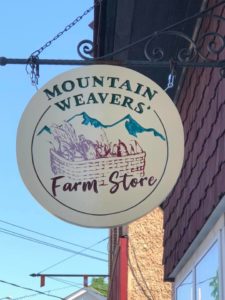
Earlier in August, AdkAction and Mountain Lake Services worked together on a similar project to turn the existing storefront that was Mountain Weavers Guild into a farm store to bring farm-fresh food to the community and connect community members with their local producers. Just like the Keeseville Farmacy, the farm store stocks its shelves and coolers with high-quality produce, dairy, meat, eggs, and value-added products from local farms and food processors alongside baskets made by residents of Mountain Lake Services. The North Country is rich in abundance of small, local farmers, and having a localized farm fresh retail space in downtown Port Henry allows community members an easy option to shop local even without a full-on grocery store.
Closing the food-gap in rural areas is critical to the health of rural communities. While some rural communities, such as Keeseville, cannot sustain a traditional year-round grocery store, the mixed-use healthy food access business model provides another option whereby an existing business incorporates a farm grocery section into its storefront. This allows communities to operate small groceries without incurring the overhead costs of opening an entirely new business. Oftentimes rent, utilities, and even staff time can be covered by the existing business, while the farm grocery can bring in some extra income and encourage lots of new foot traffic–a win/win. The goal of this business model is to reduce the risk of food insecurity by providing healthy grocery options, as well as the tools and education to properly prepare and consume them. We hope to continue our work through the North Country and continue to bring local food options to communities who no longer have an operating grocery store or access to local and affordable food.


